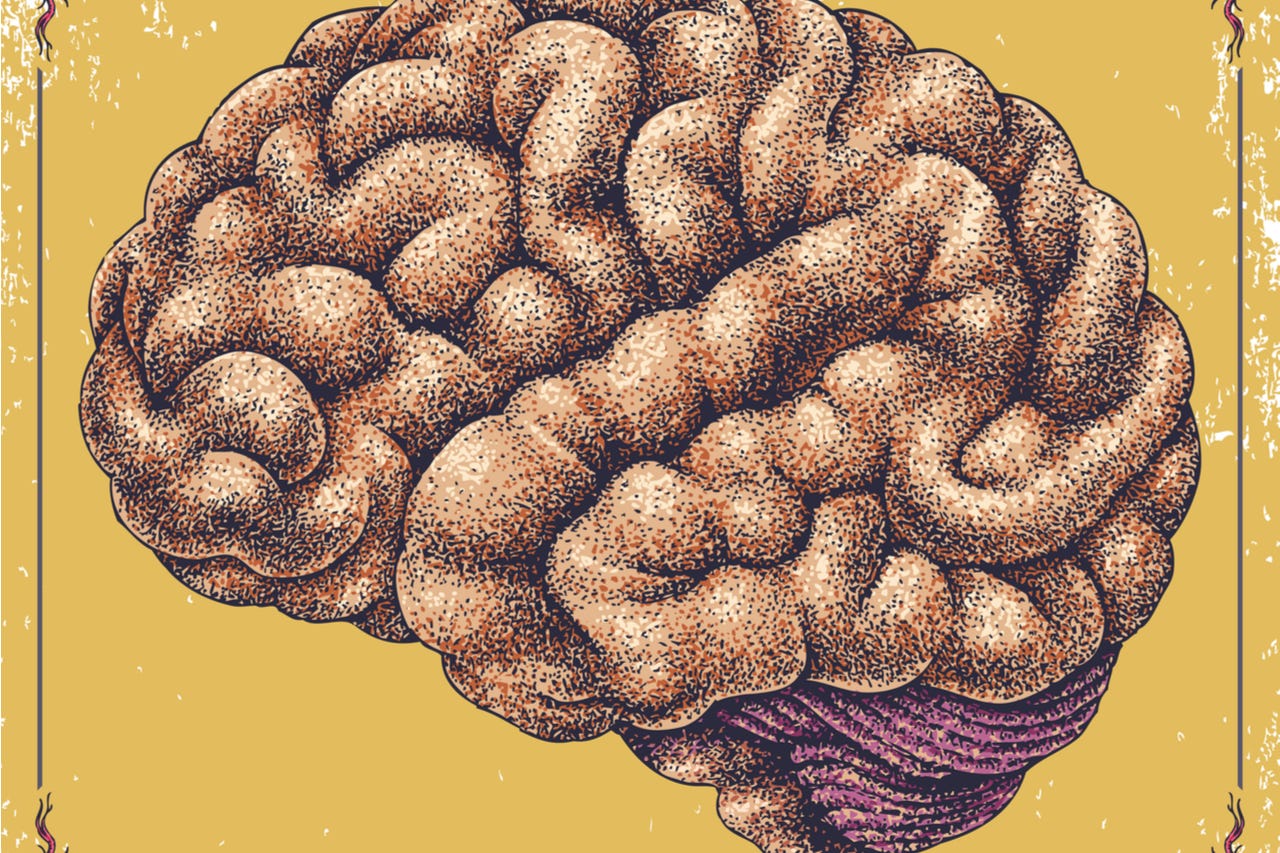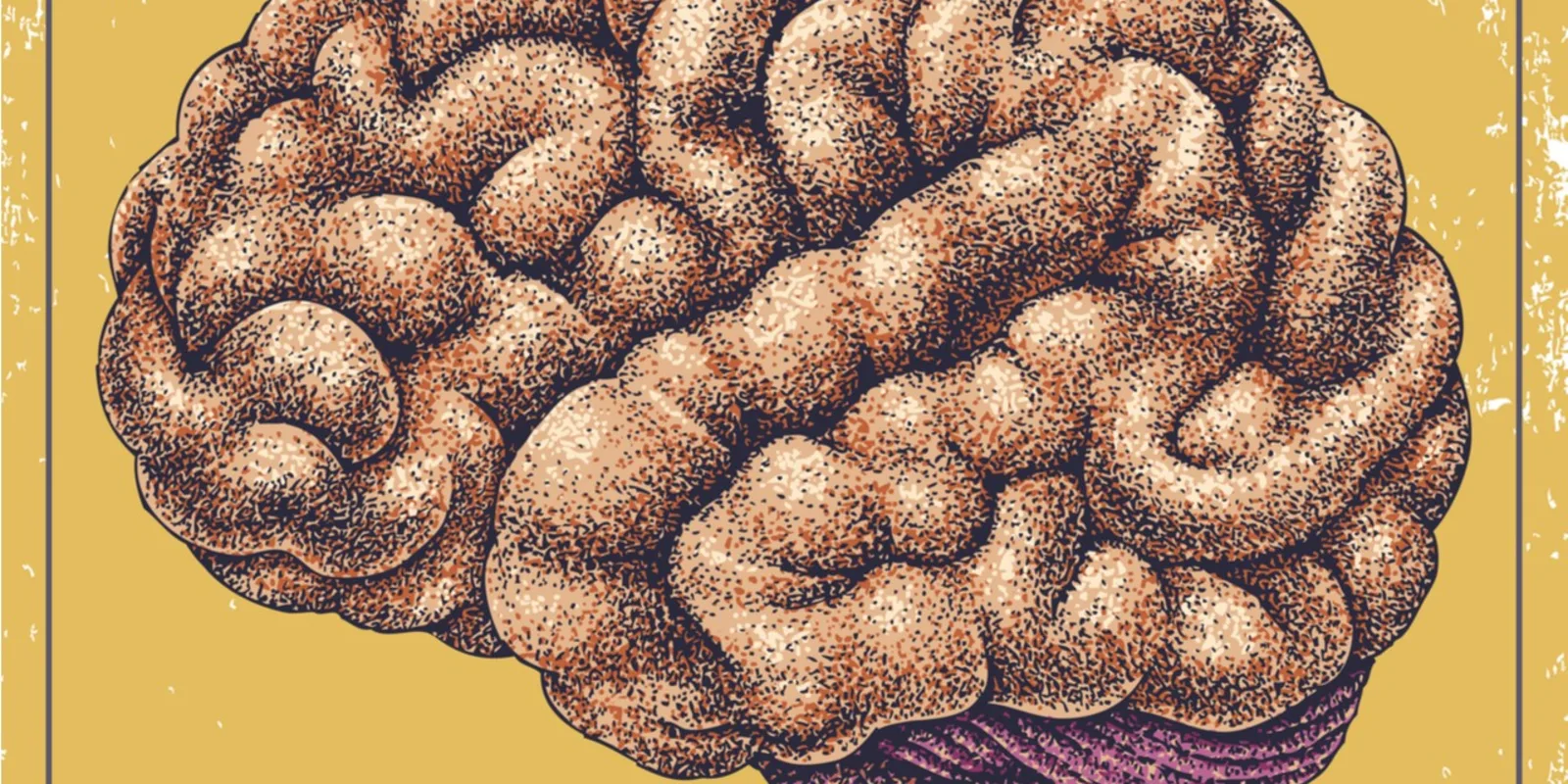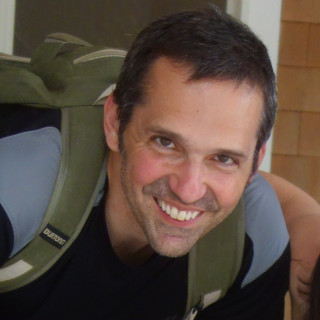
“Do you feel blame? Are you mad? Uh, do you feel like wolf kabob roth vantage? Gefrannis booj pooch boo jujube; bear-ramage. Jigiji geeji geeja geeble google. Begep flagaggle vaggle veditch-waggle bagga?”
- Charles Manson, NBC television interview, 1987
“Hey, Doc,” I remember a patient asking me one day at about the midway point in residency, “What is it you guys do all day anyway?” A very large gentleman, he was restrained to his bed, smiling a great big gold-toothed smile, shaved head and face tattooed with indecipherable glyphs and geometric patterns. The fluorescent lights of the ER hit his gold teeth just right so that they almost seemed to sparkle. He believed he was ‘Genghis Kant.’ Not Genghis Kahn, and not Immanuel Kant, but a reincarnation of their two ‘world-souls’. A true philosopher-king. “Really, Doc,” he stretched against the leather, “Aincha’ s’pposed ta en-gage me. Like in a dia-lect-ic? Y’know, I say my thing. You say your thing. And t’gether we come up with that next great big thing, right?” He tended to confuse his Kant with his Hegel, but at least he tried. I sat beside him.
“Genghis,” I looked at him thoughtfully, “I can’t speak for my colleagues, but ya know what I’ve been doing? I’ve been paying attention, writing things down. Taking notes. One day I’ll get it all figured out. And I’ll be sure to mention you.”
He smiled even wider. If he weren’t so dangerously crazy he’d be almost lovable — “Doc, man, I get it. Why, you just like that crazy dude, Frankenstein, aincha’? All you docs is crazy.”
Indeed.
Genghis oddly inspired me as I ploughed on. It is one thing after all to stumble through the insane process of becoming a physician, but it’s quite another to transform into a postmodern, post-historical, post-analytic, digitally-informed psychiatrist.
More recently a much smaller-framed, unrestrained medical student asked me, “Doctor Martin, so what is it really like to be a psychiatrist?” He asked as if psychiatry, Psychiatry, were a Skull-and-Bones-type underground society, a bastion of freemasonry.
Which, of course, it is.
“Well,” I explained to him from the sanctity of my office, “I am like a priest, you see. Celibate and collared, sworn to secrecy.” I leaned forward and looked both ways. I whispered, “All psychiatrists take these vows. We are branded in secret ceremonies in the basements of German cathedrals and Austrian castles, and the fact is — (and this is the selling point to students) — people tell us things they would never tell their priest, their husband, their wife.” I paused, eyes shifting left, right, cross-wise –
“I suppose, when it comes down to it, I am more like a shaman, a medicine man. I enter the room, introduce myself, empty my medicine sack, paint my face, start chanting, dancing, reading minds, casting spells. And here’s the super-secret part.” I leaned in even closer, eyes bugging. He, too, hypnotized, looked both ways –
My pager went off.
‘Can you please order Preparation H for Ms. Smith in Room 332A?’
I cleared my throat importantly and backed away. “Where other doctors read labs and order tests, I have worked miracles. Twice I have cured blindness, on at least three occasions I have cured cancer, and several times I have cured paralysis. Just by laying on hands.”
I stopped there.
My student, not named Genghis Kant — I’ll call him ‘Greg’ — looked up at me in awe. “Sir,” he dared call me ‘sir’, and before he could go on I held up my hand –
“I believe the question you’re searching for, but will likely stumble over, is, ‘What’s the point?”
He nodded his head in obsequious agreement, and it drives me crazy how medical students tend to do that. I took him down for a cup of coffee. Ms. Smith’s hemorrhoids could wait a little longer.
As we walked, I explained to him how I had first floated the idea of exposing all the hidden secrets of tribal psychiatry many years ago. I was a second year resident, a doctor for all of eighteen months, who had already seen it all — a delusion most second year residents, regardless of specialty, tend to favor. In a fit of exhaustion I had confessed my conspiratorial leanings to my then boss, the academic psychiatrist in charge of a large psychiatric emergency room at an even larger well-known Northeastern academic hospital. His advice was a credulous shake of his head — albeit with a hint of a smile — and the following words: “Be careful. And remember, you can write certain things now, as a trainee, that you cannot write later.”
Presumably as a ‘non-trainee’?
This was a man who tacked up frequent quotes from Princeton philosopher Harry Frankfort’s treatise, On Bulls — t. He believed, and not without reason, and decades of experience, that the key to helping people in crisis was somehow to separate their lies from their bulls — t.
A pseudo-scholarly gentleman, surrounded by the squalor of a very large psychiatric emergency room, he maintained staunchly his air of academic-ness. Although I was ‘only’ a resident, a ‘trainee’ in the local dialect, I had had previous stints — if not exactly ‘careers’ — as a high school teacher (I taught Latin and Greek) and a college instructor (I was a doctoral candidate specializing in the comparative philology of the languages of the Ancient Near East and Mediterranean Basin — long, looooooong story). I had founded the quickly established and grudgingly respected Yale Philosophy and Psychiatry Group within my first few months in New Haven, and so, certainly against his better judgement, he took me seriously.
But his response to my near-drunken proposal was very vaguely threatening, and I suppose it was that impish part of me more than anything else that wanted to keep a record of our tribal secrets, especially as someone who now, too, specializes in managing acute mental health crises.
“It’s okay to think for yourself,” I offered Greg. He looked up at me in surprise. “It’s okay to have real thoughts. ‘Honest-to-goodness thoughts’, one of my old supervisors used to call them. ‘Raw’ thoughts, I like to call them. Unfiltered. Sigmund Freud himself revolutionized psychiatry, philosophy, religion, and social science by unflinchingly examining this rawness of thought.”
“Who?” Greg answered, honestly –
My pager went off again. ‘Can you PLEASE order that Preparation H?”
Elliott Martin, MD, is a board-certified psychiatrist at Newton-Wellesley Hospital. He is a 2018–19 Doximity Author.







